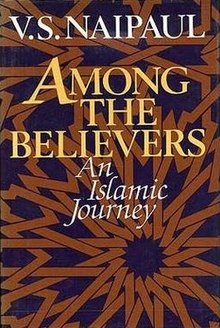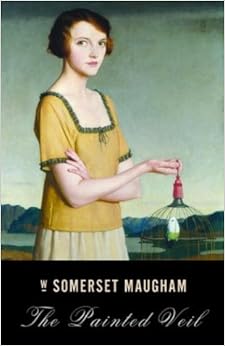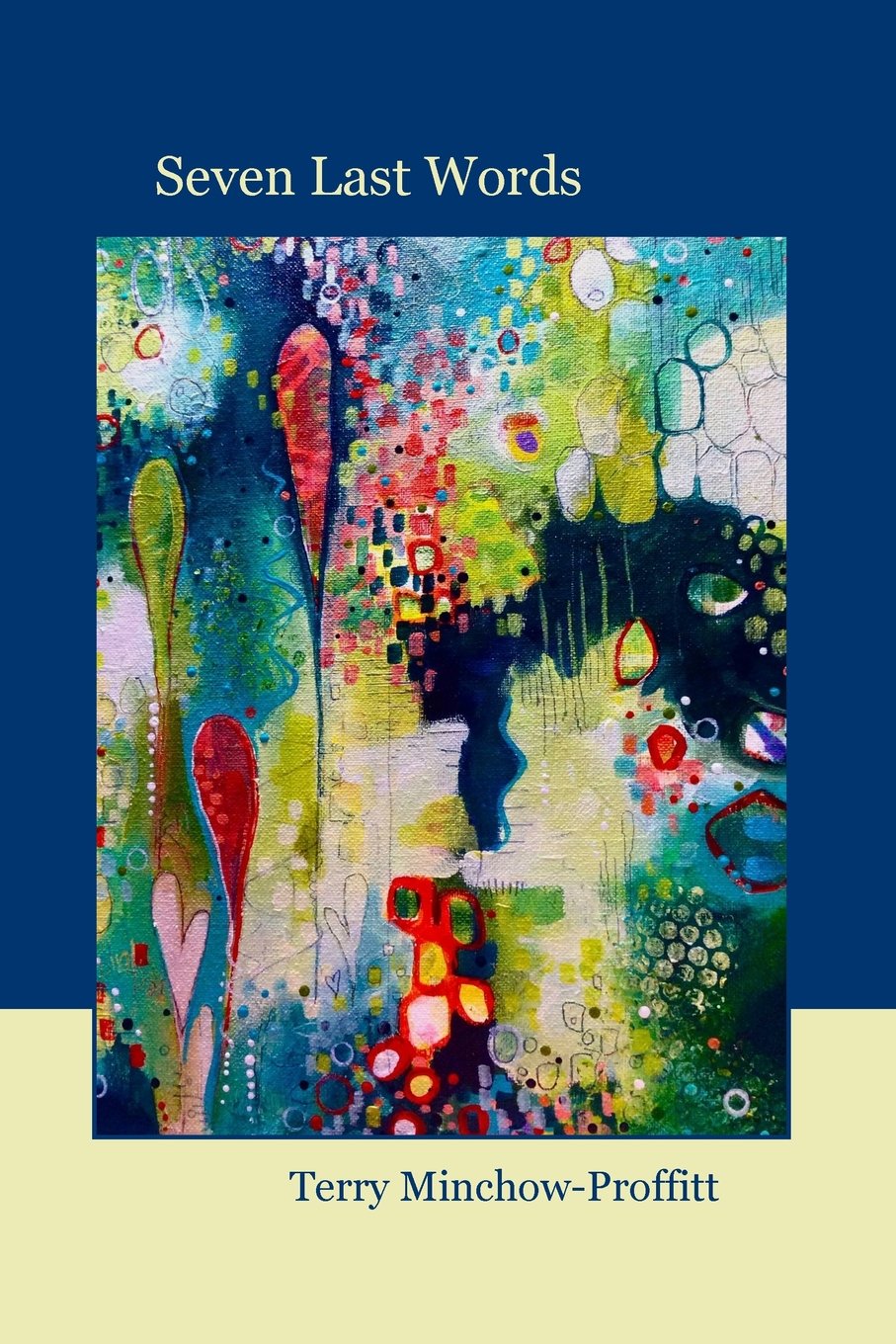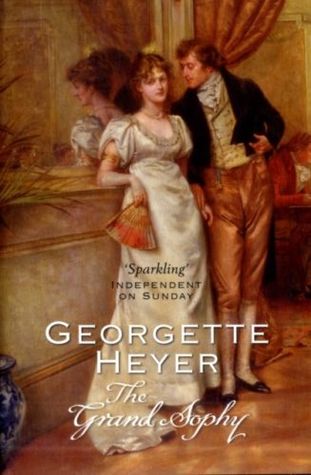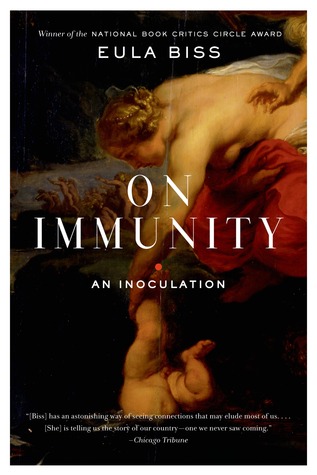I whole-heartedly loved this book.
I'm not a big believer in the virtue of Identifying With Books. That's not why I read. I read to be stretched intellectually and also to have a beautiful aesthetic experience. I don't need or even, really,
want to identify with the characters in a book or the themes of a book in order to enjoy reading it. In fact, I think that overly strong identification with a book can blind me to the faults in a book.
The books I identify with most strongly are
Middlemarch, The Age of Innocence, Gaudy Night, and
Mrs Dalloway; certainly several of these do stand on their own as works of art but if they didn't I'm not sure if I could see it (I would love them anyway), and I think I see their merit less clearly for how strongly I identify with them.
Books that I love but don't identify with so strongly I have a much easier time picking apart intellectually;
The Divine Comedy, Pale Fire, Paradise Lost, and
Bleak House are four more of my favorite books that I love but don't really identify with at all, and therefore am able to stand back and consider them as art much more easily.
All that to say: I loved
Fun Home, but I also identified with it strongly, and so I am a little unclear how much of my love for it is due to my identification with it, and how much of my love is because it's a damn fine book.
Fun Home is Alison Bechdel's graphic memoir about her relationship with her father. She has a tense, fraught relationship with her father in early childhood, a relationship that gradually grows closer until it was truncated by suicide in Alison's* young adulthood. What bridges their relationship is in part their mutual realization that they are both gay, and in part their mutual love and sharing of books.
My dad is not gay and is also alive (and will be so for many years, I hope!), but I similarly had a fraught childhood relationship with him that has become close and warm over the years, mediated by our mutual love for books. Just like Alison and her father could talk about books even when they couldn't talk about anything else, me and
my dad have also always been able to talk about books even when we weren't able to talk about anything else. So this book made my eyes water which is my equivalent of full-on sobbing (I am not a crier in any way shape or form) and yeah, I identified with it.
But I think it is also damn fine art.
The narrative is very cleverly multi-layered. I've read any number of books that do the flipping back-and-forth-through-time thing, and usually I find it clunky and contrived. (I particularly dislike it where it is used as a way to avoid disclosing some Tragic Incident.) Not so here. Bechdel** uses a fairly tight narrative structure focusing on theme, and adduces incidents anywhere on the timeline she is using to elucidate that theme. Therefore, while the narrative does flit around in time, it does not flit around in terms of the story it is telling. In fact, the story Bechdel is telling about her life is more coherent than most memoirs I have read.
About that. So all memoir is the author imposing meaning on a sequence of life events that may or may not have inherent meaning — but that's the way our lives are, right? We
have to tell a story about ourselves, or we find ourselves facing down into the terrifying nihilistic maw of our own mortality.
A lot of memoir, though, isn't very self-conscious in the way this is done. A lot of memoir I have read imposes the meaning (like we all do, like we must) but carries on blithely unaware of how the way we cathect these experiences is itself an artistic or personal choice, not something inherent to the experience. Right?
For instance, I have read other memoir or personal essays about difficult father-daughter relationships that interprets an externally similar father-daughter relationship very differently than Bechdel interprets her relationship. Often those authors have a sort of unspoken assumption that there is something inherent in the relationship or experience that obviously must be interpreted that way. In a way that's fine, because it reveals the author's unexamined assumptions about the world and that's interesting, but in a way it is frightfully irritating because I rather feel that someone who lacks that sort of insight into their own basic assumptions doesn't have much business writing memoir. Sorrynotsorry.
Bechdel doesn't do that
at all. She has great insight. She is perfectly, consistently aware of the way her own personality, values, and of course
desire for meaning are imbuing her memories and feelings about her life with a meaning that may have been external to the actual events. And then she talks about it
in the memoir which is a level of self-awareness I have rarely seen in memoir (maybe I don't read enough memoir; the lack of this self-awareness was something that has turned me off to the genre).
It was fantastic. Omigosh I loved it. I loved the layering of reflection: this is what happened, this is what I felt at the time, this is the meaning I imbue it with now, but these are my assumptions that cause me to so imbue it.
I loved following her trails of thought and the way they crisscrossed her life. I loved her awareness of how her current knowledge influences her memories of childhood. Oh, and did I mention how I loved the way she discusses literature here? I loved that too.
Frankly there wasn't much I
didn't love about this book. Bechdel has also written a memoir about her relationship with her mother, and I can hardly wait to read that one, too. And then to read everything she has ever written, ever.
Anyway. Um, I recommend this? Could you tell? If you have any interest in memoir, father-daughter relationships, the experience of coming out, literature, or any combination of those things . . . read this book.
*sorry, usually I respectfully call authors by their last name, but since I am talking about an author and her father, who share the same last name, it feels too cumbersome. I don't want to talk about Bechdel and Bechdel. I will switch to my usual respectful distance when I am only talking about Alison Bechdel.
**See?







